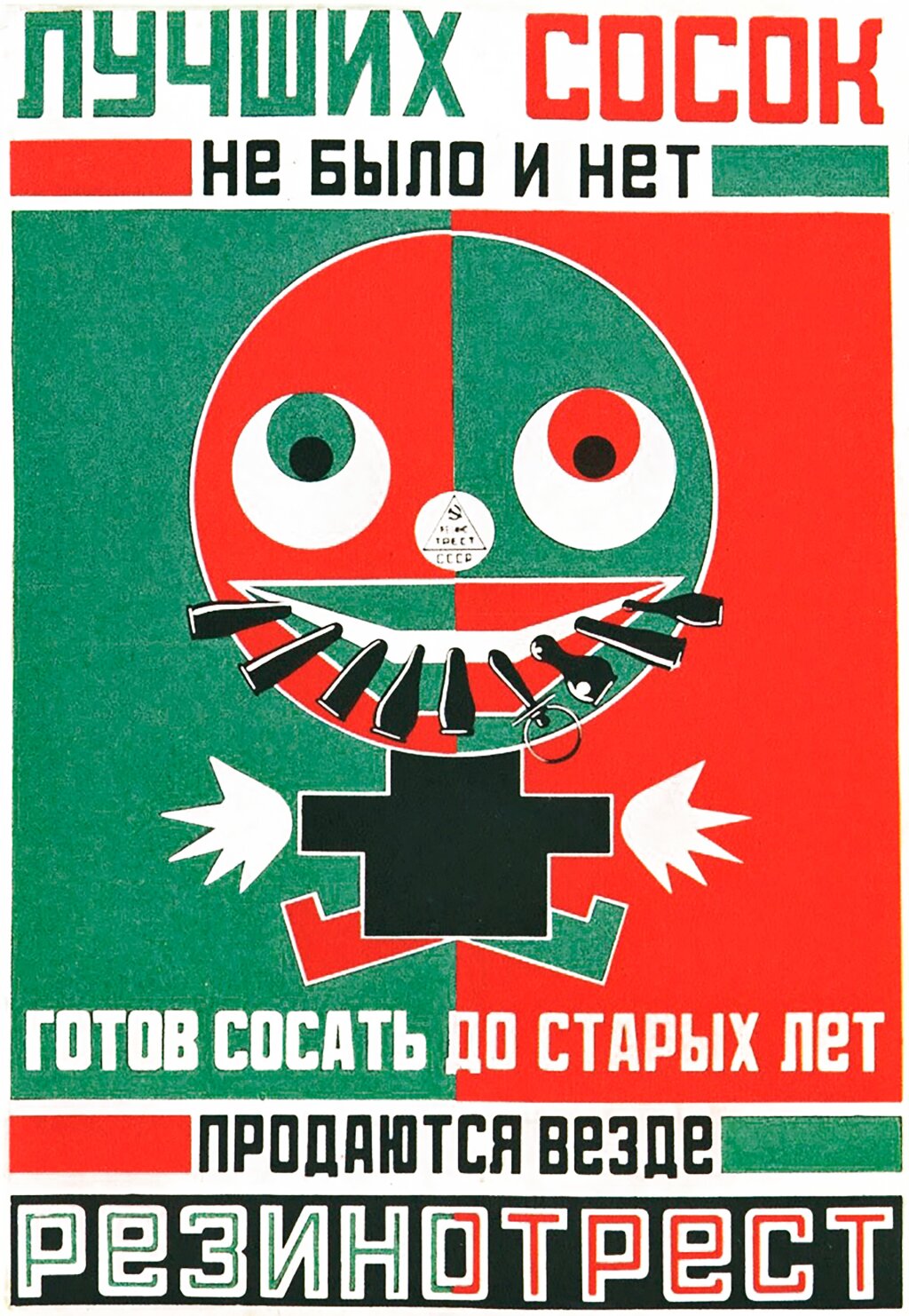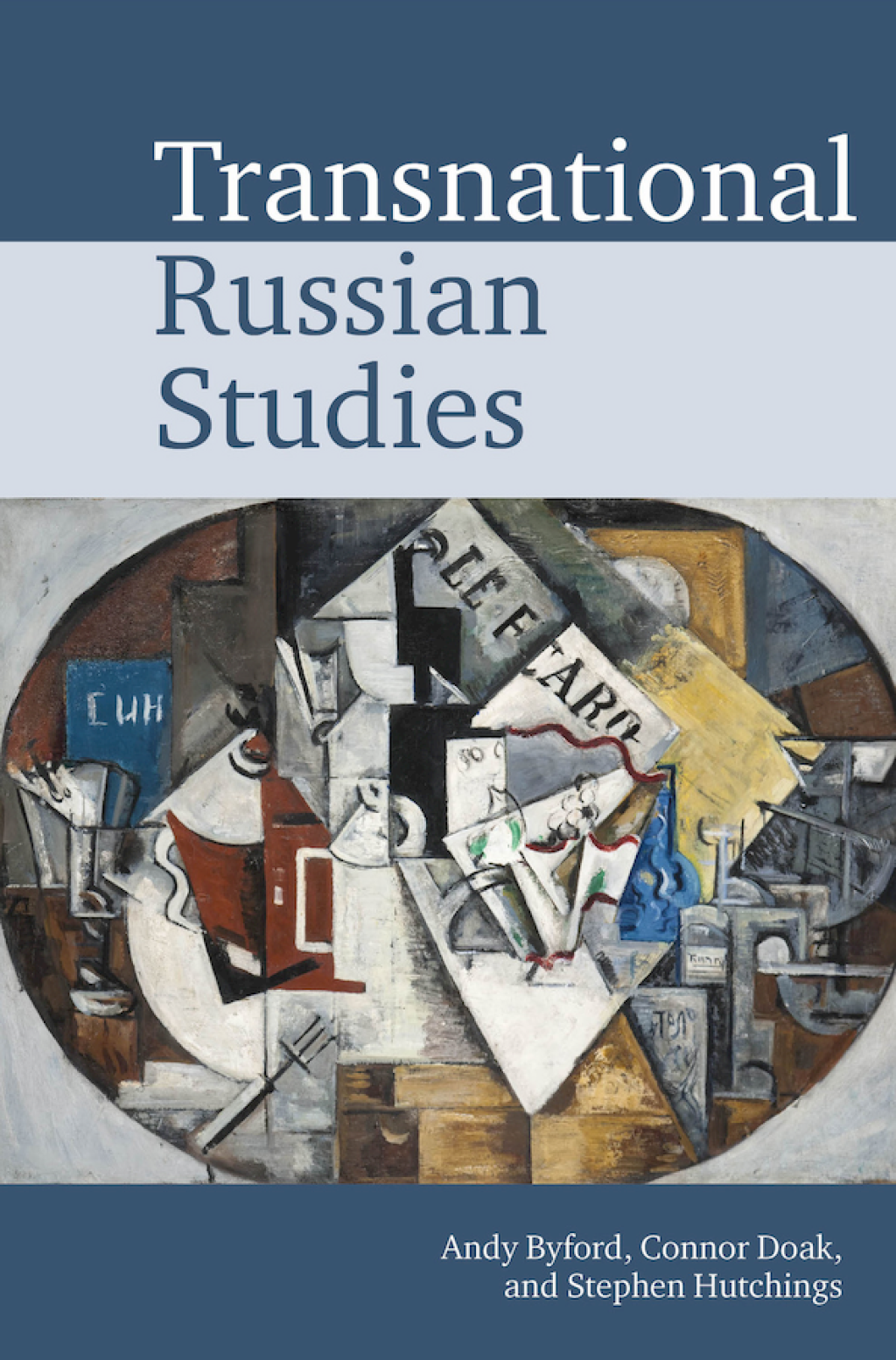This is the twentieth entry of Russia’s Alien Nations: The Secret Identities of Post-Socialism, an ongoing feature on All the Russias, as well as the seventh entry of Chapter 1. It can also be found at russiasaliennations.org. You can also find all the previous entries here.
But is Homo Sovieticus the next step in human (social) evolution, or a cautionary tale of Lombrosian degeneration? Homo Sovieticus becomes that much harder to take seriously as an evolutionary advance by the third sentence of the book, when Zinoviev offers his Russian abbreviation for the cumbersome Latin: Homosos (“Gomosos”). The word is undeniably polemical, particularly since “Homosov” would be a more obvious contraction.
In Russian, “Homosos” cannot be pronounced with a straight face. “Гомосос” sounds dangerously similar to “Гомосек”, a common Russian slur for “homosexual” (not the worst one, certainly, but not exactly a compliment). “Sos” is the Russian root for “suck,” and can be found in another word that is similar to “Гомосос”: “пылесос”—“vacuum cleaner,” but literally “dust-sucker.” And, not to put to find a point on it “хуесос.” (“cocksucker”). So “Gomosos” sounds like “Man-Sucker” or “Homo Sucker” (but not Agamben’s “Homo sacer”).
So who is the Homosos, according to Zinoviev? We can extract a catalogue of often contradictory characteristics from the author’s quirky and nonlinear book:
Homosos is a collectivist:
Our involvement in the life of a collective in almost all the important and unimportant areas of our life: that is the foundation of our psychology. The soul of the Homosos lies in his participation in collective life. Even the ideological processing which we protest about so often looks different from over here. It looks like a means of involving the individual in collective life. Ideology unifies the individual consciousness and unites millions of little "I's into one huge "We."
Homosos is a spiteful internationalist:" I am a healthy Homosos: that is, a supranational creature. And a healthy Homosos is glad whenever any nation comes to grief. (37-38)
Homosos is patient and resilient: "Food prices have gone up. Will the Homosos arrange a protest demonstration? Of course not. The Homosos has been trained to live in pretty dreadful conditions."
Homosos is deferential to authority: “The Homosos always tries to put a spoke in the wheels of anyone disrupting the customary forms of behaviour; he toadies to the powers-that-be; he is on the side of the majority of his fellow-citizens who are approved by the authorities.”
Homosos is a creature of ideology rather than morality:
If one looks at the behaviour of the Homosos from the viewpoint of some abstract morality, he seems to be a completely immoral being. The Homosos isn't a moral being, that's true, but it isn't true to say that he is positively immoral. In the first instance he is an ideological being. And on that basis he can be either moral or immoral, according to circumstances. Homososes are not villains. Among them there are many good people. But the good Homosos is a man who either doesn't have the opportunity to cause other people harm or who finds no special need to do so. But if he has the opportunity, or is compelled, to do evil, he will do it not less but even more thoroughly than the most inveterate villain
Homosos in not all bad:
The Homosos is not only an agglomeration of shortcomings. He also possesses numerous valuable traits. Or, to be more precise, he possesses qualities which are either good or bad according to the circumstances and depending on the criteria of evaluation applied. One and the same quality will manifest itself as good in some circumstances and as bad in others. For some people the quality will be, or seem to be, a good one; for others, bad. Among the mass of Homososes one can discover all the characteristics known to humanity, but in specifically Socialist (Communist) forms and proportions. While the Homosos reflects in himself the properties of his social entity, he is at the same time only a partial function of that entity.
Homosos is the future:
Evolution-wise the Homosos is not decadent. On the contrary, he is the highest product of civilization. He is superman. He is universal. If need be, he can commit any frightfulness. Where it is possible, he can possess every virtue. There are no secrets which he cannot explain. There are no problems which he cannot solve. He is naive and simple. He is vacuous. He is omniscient and all-pervasive. He is replete with wisdom. He is a particle of the universe that bears the whole universe within itself. He is ready for anything and anyone. He is even ready for the best. He awaits it, although he doesn't believe in it. He hopes for the worst. He is Nothing; that is to say, Everything. He is God, pretending to be the Devil. He is the Devil, pretending to be God. He is in every man. Gentle reader, look into yourself and you will see there at least the embryo of this crown of creation. For you yourself are human. You yourself are Homosos. (198-199)
Homosos, then, approaches what would come to be called the “sovok,” but with much less emphasis on culture, decorum, manners, and taste. Instead, what the two have in common is their ambiguous status as a category that is obviously disdained as a negative other, but at the same time accepted as a ruefully accurate description of the self.
Perhaps my earlier dismissal of the phonetic similarity between “homo sucker” and “homo sacer” was too hasty. Homo sacer, as elaborated by Giorgio Agamben, is the man who has been excluded from all social and legal life as a citizen; he can be killed, but he cannot be used as a ritual sacrifice. Homo sucker (Homosos) exists entirely as social phenomenon—he is constructed by the political/ideological system into which he is born. His is only bios (“qualified life;” political life); no wonder so much late- and post-Soviet postmodernism focuses on the physiological, the life of the unmediated body (Sorokin, Erofeyev, Narbikova, Mamleev): as an alternative to Homosos, “zoe” (bare life, the life of the animal, non-political body) starts to look positively attractive.
The opposite of homo sacer, he is the sacrifice demanded of the late-/post-Soviet subject as the price of entry into a post-Homosos world. At times as charming as he is embarrassing, he anchors the subject in a network of connections from which extrication is essential. But wherever the Homosos goes, he remains Homosos, bringing along with him the system that produced him. Sacrifice is impossible; indeed, as we shall see when we get to the sovok, the more one attempts to abandon the stigmatized identity, the more one proves just how good a fit that identity is.
Next: The Dustpan of History



